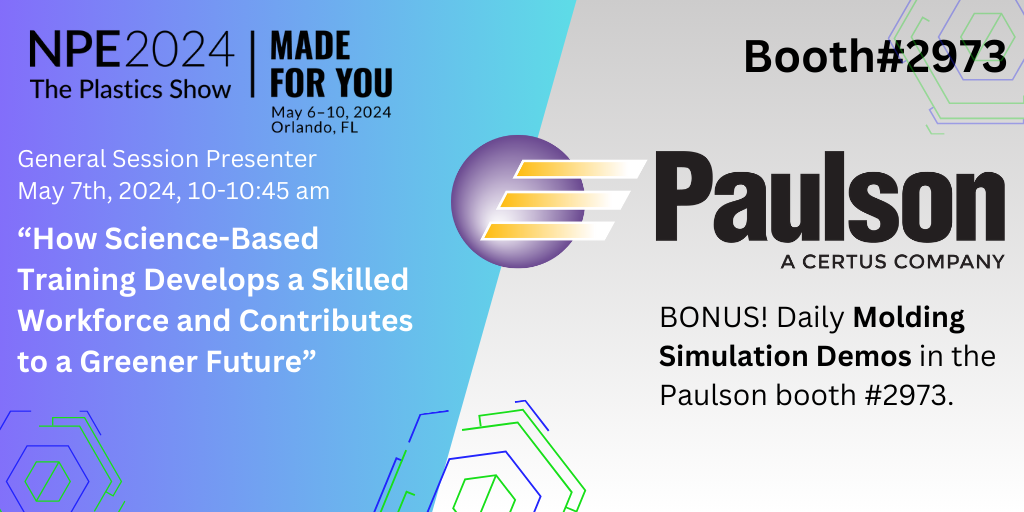Plastics News has an interesting infographic on their website that shows the education levels of people employed in manufacturing industries in the years 2000 vs. 2011.
You can see this chart below (it also links back to the Plastics News webpage)
A couple things to keep in mind when looking at this data. First, it covers all manufacturing industries, not just plastics manufacturing. Plastics manufacturing crosses many different traditional vertical manufacturing categories, so “apples to apples” rankings can be difficult. But most surveys put plastics manufacturing in the #3 of #4 spot based on total revenue.
The plastics industry is somewhat unique when it comes to educational opportunities for prospective employees. There are certainly fewer undergraduate plastics engineering programs in US colleges as compared to the other engineering disciplines. So a lot of the people with Bachelors degrees will be coming to the plastics industry from other engineering backgrounds.
As far as the chart goes, there are fewer workers in the “high school and less than high school” categories employed in manufacturing while “Some college, Bachelor’s degrees and Graduate or Professional degrees” have all increased by varying amounts. This makes sense. Manufacturing is more hi-tech in 2011 than it was in 2000. Higher skills are required.
What are the lessons here for plastics processors?
It is pretty obvious that a more skilled workforce is going to be needed in the future for you to stay competitive. Hardly a news cycle goes by that you don’t hear about an injection molder bringing some or all of their manufacturing back to the United States from overseas. Many of these stories cite quality concerns.
Another lesson is that training your employees is not really optional. If your current training program looks like the cartoon on the homepage of this website, you probably should consider some alternatives. Investments in training your people compared to not training your people are very cheap.
They are particularly effective when you approach training as a “process” not an “event”, meaning training should be an on-going daily occurrence, just like any other part of your plastics manufacturing.
It does not matter if you are an injection molder, extrusion processor, blow molder, thermoformer or any other of the plastics manufacturing processes. You need a skilled, trained workforce. And ideally, you want to be free from the ebbs and flows of the skilled labor pool. That means having your own training system in place.



